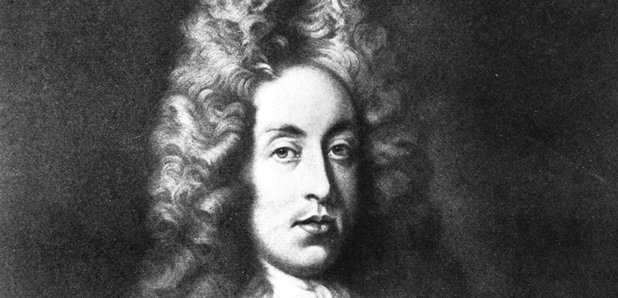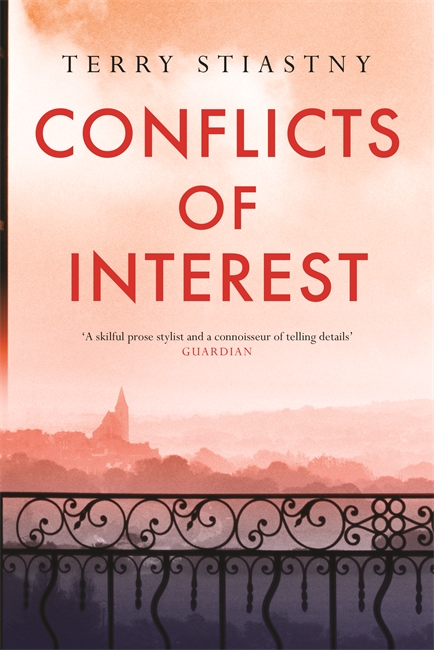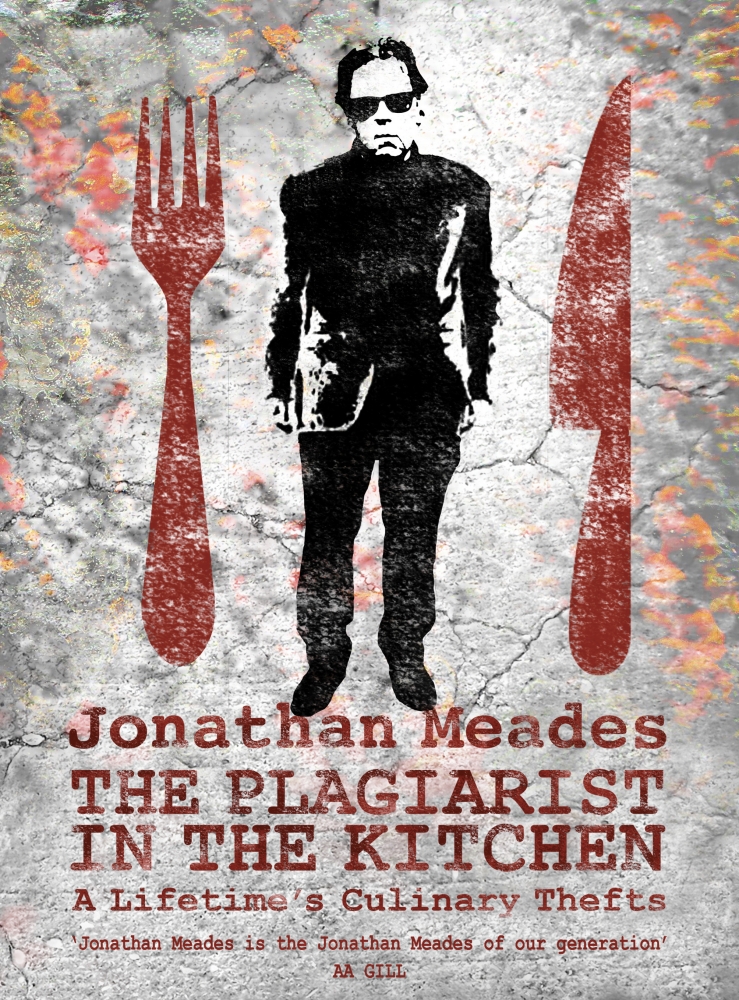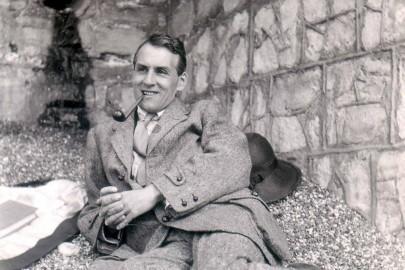Nige watches Tony Palmer’s curious 1995 film about Henry Purcell and finds that the music triumphs over the clunking polemics…
On Christmas Day in 1995, Channel 4’s TV treat was a two and a half hour film about Henry Purcell (how times change!). I didn’t watch England, My England at the time and had all but forgotten its existence until my friend Susan in New York mentioned that she was watching it on DVD. And now I have done the same…
England, My England is a film by Tony Palmer, who’s always good with composers – but this is no straight biopic, not least because so extraordinarily little is known about Purcell’s life; he is even more an ‘invisible man’ than our other greatest artist, Shakespeare. And England, My England is scripted by John Osborne (who died before he’d finished it; his friend Charles Wood completed it), so it is, as you’d expect, peppered with choleric state-of-the-nation rants. Osborne was determined to draw parallels between the lamentable state of the nation in the reign of Charles II and the lamentable state of the nation during the ‘reign’ of the Royal Court Theatre, and he sets up an ingenious narrative structure to give him scope to do so.
Simon Callow plays an actor who is playing Charles II in a Royal Court production of Shaw’s In Good King Charles’s Golden Days, which is unsurprisingly bombing. The producer – played by Bill Kenwright as, essentially, himself – is threatening to close it down, but Callow suggests that they stage another play about the period, in fact about Purcell, and he’ll write it himself…
And so we’re off. Now the action shifts between the mid-1960s, with Callow as the actor struggling to write his Purcell play, and the reign of Charles II, with Callow as the King, and Purcell – well, Purcell is still a boy and remains so for rather a long time, which is one of the problems. Another problem is that the 1960s Callow is a typical Osborne hero – an angry, ranting, ego-driven male with just enough charm to keep some long-suffering (and barely characterised) women in his thrall. It is when the action shifts to the Restoration era that the film begins to show what it might be – but scenes rarely have enough space to breathe and develop, and this is particularly frustrating when Purcell’s music comes to the fore.
Just when the thing seems to be coming to life, it’s back to the dreary 1960s and Osborne/Callow’s dreary polemics – there’s even a scene of actor Callow taking part in the Grosvenor Square riots, for heaven’s sake. There are some curiously cliched features too: when things are going well between actor Callow and his girlfriend they do a lot of painfully Sixties mock-chasing and prancing about, and, in the Restoration scenes, the characters are forever throwing sheets of paper in the air. Every time you see a character walk on with a sheaf of papers, you can bet your life that within minutes he’ll be tossing them in the air like so much confetti.
It might sound from what I’ve written so far that England, My England is a massive clunker – but the wonderful thing is that, in the end, it is not.
The music and the visuals (as you’d expect with Tony Palmer) are always striking and cleverly interwoven, yielding enough beauty, however fleetingly, to keep you watching. And then things begin to look up when Purcell comes of age. He is played by Michael Ball, who for my money is a hugely talented and underrated performer; he certainly makes a very believable, very human Purcell, an essentially genial and life-loving man who suffers much and dies far too young.
The film really comes to life in the last three quarters of an hour, beginning with the ascension of William and Mary – William characterised as a mute imbecile, Mary (played by the very beautiful young Rebecca Front) a vivacious bundle of fun, unable to contain her mirth – England, My England makes no pretence of being a reliable chronicle; it’s more of an extravaganza. Now, carried along by the glorious music Purcell wrote for Mary, the film becomes by turns joyful and triumphant and, with Mary’s death, intensely sad. At last it engages and involves, breaking free of its awkward structure and taking flight towards an intensely moving climax.
It’s a bumpy ride, but this odd and fascinating film gets there in the end. After it finished and I’d recovered, I was straight on to Amazon to buy more Purcell.












Controversy abounds regarding the correct pronunciation, is it, as the malty’s declare Persil as in the washing powder or Purr-sell as many others would have us believe. Either way the film is well worth watching for the musik and the apprenticeship of the mega luvvie Callow and as you observe Nige, the rather tasty young Becky who, sadly, has ended up with a walk-on part in the endlessly boring Lewis.
One of the finest recorded performances of Purcell’s work is the Decca recording by the ECO, conducted by Benjamin Britten, of the Fairy Queen. The original cover was Noel Paton’s Quarrel of Oberon and Titania, an astounding work, on show, with it’s twin, The Reconciliation, at the National gallery of Scotland. During school holidays the kids play spot the Puck
Purcell is my favorite composer but I had never heard of this film. I’ve just ordered it from Amazon! I also love the Gerard Manley Hopkins poem about him (“air of angels”) which is what first led me to listen to his work. I’ve always been confused about the pronunciation. In the Hopkins poem Purcell rhymes with reversal, but I’d love to know how they pronounced it in Purcell’s own time.
Purcell to rhyme with ‘reversal’ (and indeed ‘nursle’!) seems to be correct. Thanks for the Hopkins lead, Rita – I love that ‘colossal smile’, exactly what Purcell’s great odes feel like.
Christmas 1943, Spike Milligan and friends, having organised the battalion concert are given R&R on the Amalfi coast, a treat indeed, even for those troubled times. Visiting Ravello they wander into the Piazza and discover the Duomo, a magnificent building. He describes the occasion thus : “The peace inside was shattering, George Shipman, to our amazement, played three Purcell pieces on the organ, we had no idea that he could play! Neither did he.
Even allowing for Milligan’s goonery and the fact that he was slowly unraveling, that moment in time was precious in the extreme.